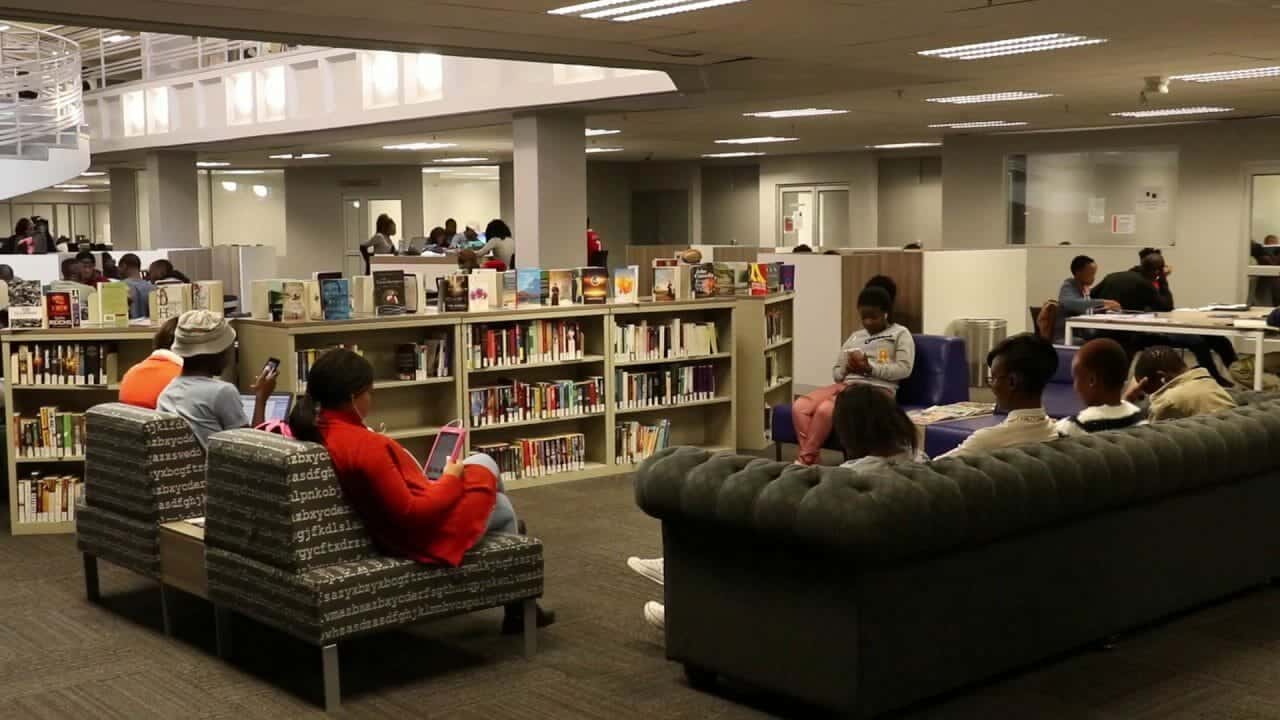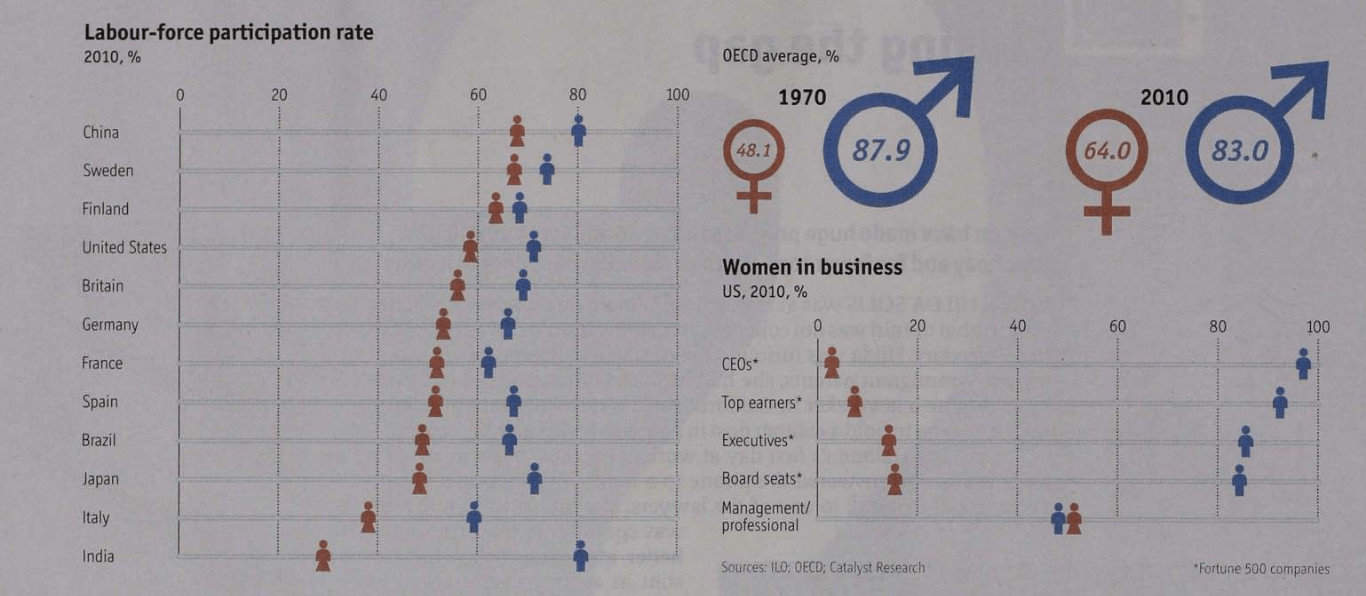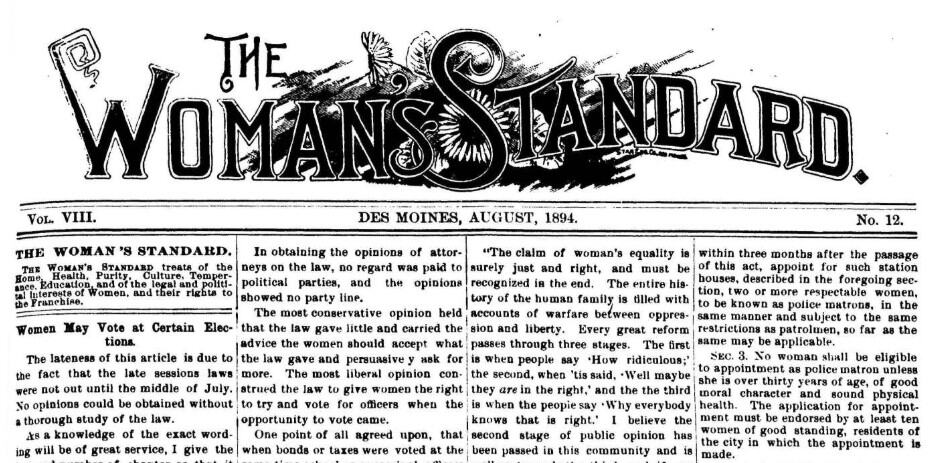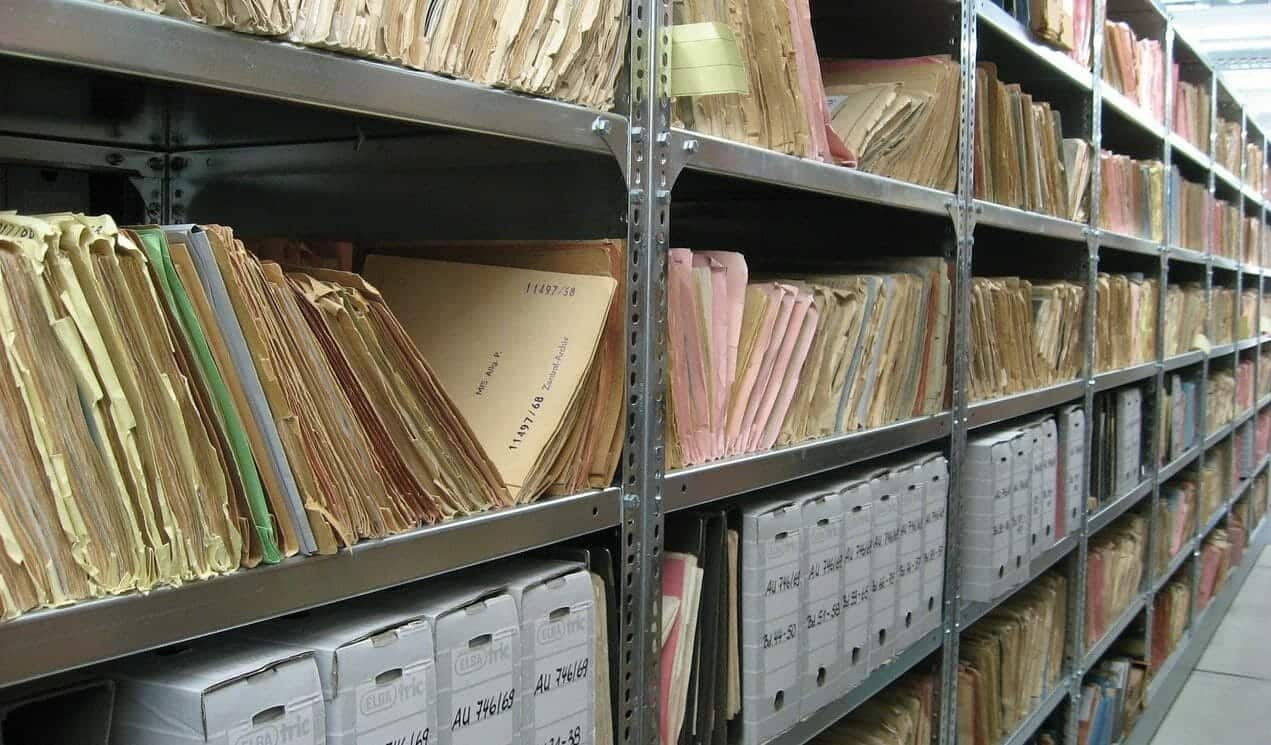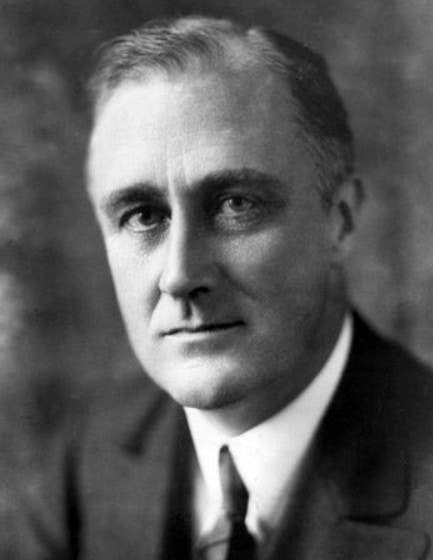| By the Gale Review team |
The global movement to ‘decolonise the curriculum’ focuses on creating a more accurate and holistic read of history – and our understanding of people and the world – by questioning the canonical primacy given to some perspectives over others. Access to primary sources can play a key role in this understanding. Librarians at the University of Johannesburg, South Africa, have turned to Gale for support. “In 2018 the University of Johannesburg adopted collections focused on slavery and gender,” explains Gale Field Sales Executive Dan Solomon. “Now they have deepened their commitment by purchasing a wide array of Gale archives.”

